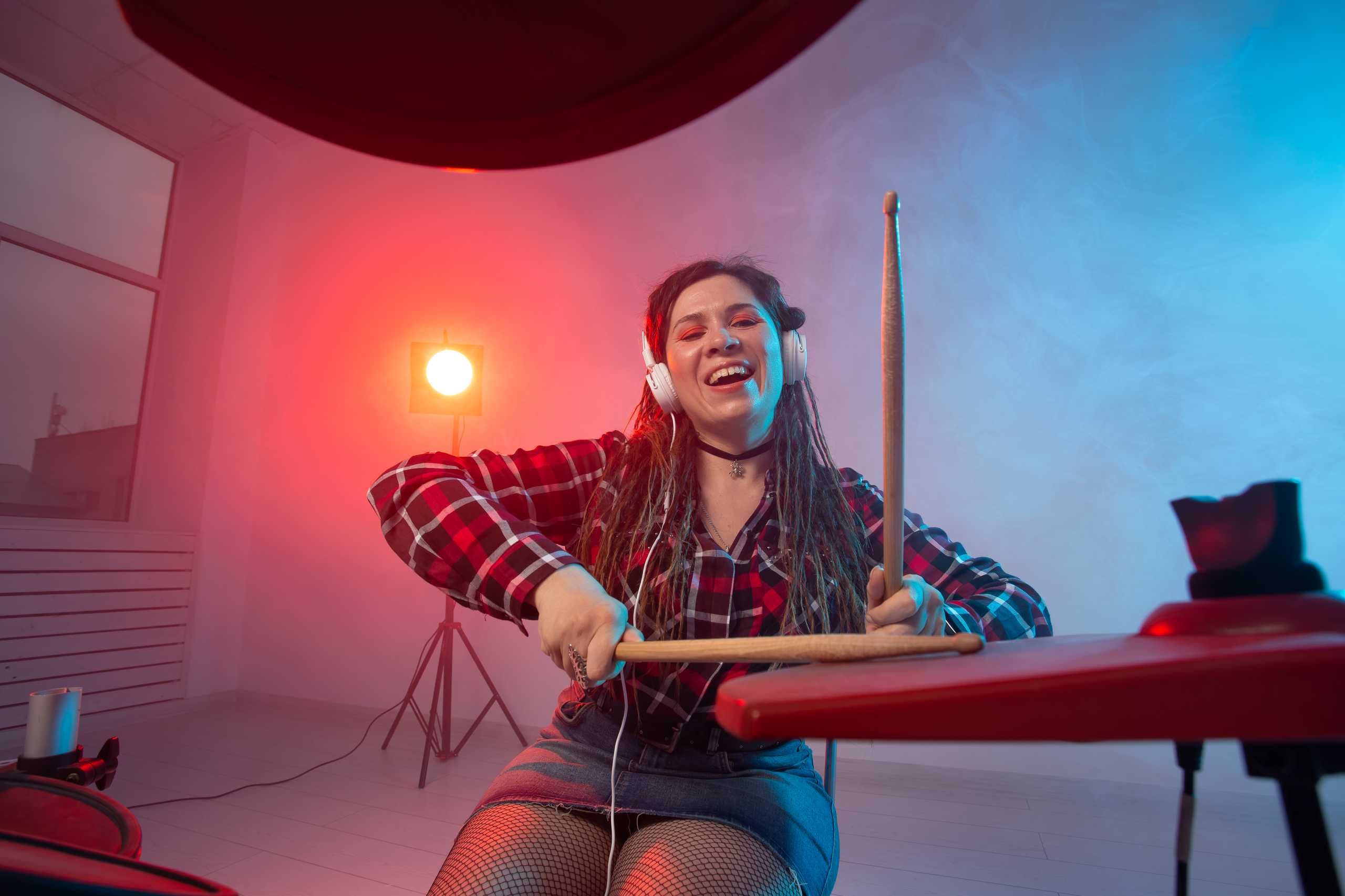Phone:
(701)814-6992
Physical address:
6296 Donnelly Plaza
Ratkeville, Bahamas.

Musical improvisation is more than just playing random notes.
It’s the language of creativity — a way for musicians to communicate their emotions, tell stories, and connect with their audience in a deeply personal way. At Improv Muse, we see improvisation as a lifelong journey, not just a skill.
When you improvise, you step beyond the safety of sheet music and explore uncharted territory.
This process teaches you to:
Improvisation is a skill that grows over time, developing as you experiment, make mistakes, and discover new sounds.
If you’re new to this world, the first step is to embrace curiosity. You don’t need years of technical mastery to begin — you need openness and the willingness to explore.
Here are some simple starting points:
The more you practice, the more natural it will feel to break patterns and invent melodies in real time.
Improvisation is as much about feeling as it is about technique.
When you perform, focus on what you want to say, not just the notes. Even the simplest phrase can be powerful if it carries intention and emotion. This is why great improvisers sound different from one another — they are telling their own stories.
Like any art form, consistency is key. Schedule short, regular improvisation sessions into your practice routine. Record yourself often — not to judge, but to track your growth and hear how your voice evolves.
Remember: Improvisation isn’t about perfection — it’s about connection.